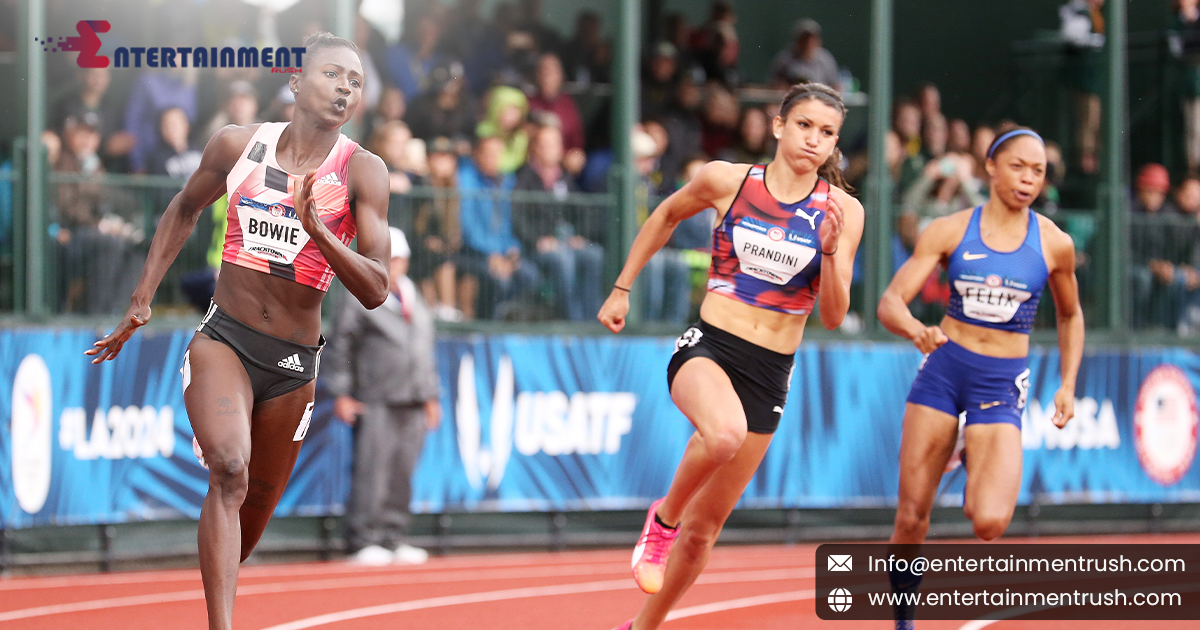Achieving peak performance in US Olympic sports goes beyond physical prowess; it hinges significantly on the intricate workings of the athlete’s mindset. “Peak Mindset: The Psychology Behind Elite Performance in US Olympic Sports” delves into the psychological factors that underpin success at the highest levels of athletic competition, highlighting the mental resilience, strategies, and conditioning that propel athletes to greatness.
Understanding the Mental Game
The mental game in US Olympic sports is as critical as the physical training regimen. Athletes must navigate intense pressure, competition nerves, and the weight of expectations while maintaining focus and composure. Psychologists and sports scientists emphasize the importance of mental preparation, which involves visualization techniques, goal-setting strategies, and mindfulness practices. These tools help athletes cultivate a resilient mindset that can withstand the challenges of Olympic competition.
Resilience in the Face of Adversity
One of the defining characteristics of elite athletes is their ability to bounce back from setbacks and perform under pressure. Whether it’s overcoming injuries, coping with defeat, or managing the stress of high-stakes competition, resilience plays a pivotal role in sustaining peak performance. Athletes learn to embrace adversity as an opportunity for growth, using setbacks as fuel to refine their skills and sharpen their focus on achieving their Olympic goals.
The Role of Mental Conditioning
Mental conditioning techniques, such as cognitive behavioral therapy and positive self-talk, help athletes cultivate a winning mindset. By fostering beliefs in their abilities and reinforcing confidence, athletes can mitigate performance anxiety and channel their energy into optimal performance. Mental conditioning also involves developing routines and rituals that create a sense of stability and readiness before the competition, ensuring athletes are mentally primed to perform at their best when it matters most.
Harnessing Focus and Concentration
In the fast-paced world of Olympic sports, maintaining unwavering focus and concentration is essential. Athletes employ techniques like mindfulness meditation and attention control training to enhance their ability to stay present and block out distractions during competition. These practices enable athletes to stay in the zone, where they experience heightened awareness and peak performance levels, allowing them to execute their skills with precision and clarity.
Case Studies and Success Stories
Numerous US Olympic athletes serve as case studies in the power of peak mindset. From Michael Phelps’s visualization techniques before races to Simone Biles’s ability to perform under immense pressure in gymnastics, these athletes exemplify the impact of psychological resilience and mental fortitude on achieving Olympic glory. Their stories illustrate how mental strategies can elevate performance and set new standards in their respective sports, inspiring future generations of athletes to prioritize mental preparation alongside physical training.
Elevating Performance through Psychology
Underscores the integral role of psychological factors in shaping athletic success. Beyond physical training, athletes must cultivate a resilient mindset, harness mental conditioning techniques, and master focus and concentration to excel on the Olympic stage. As we celebrate the achievements of US Olympic athletes, we recognize their dedication to mastering the mental game and their ability to inspire through their extraordinary feats of athleticism. By understanding and embracing the psychology behind elite performance, athletes can continue to push the boundaries of human potential and redefine what is possible in US Olympic sports.
